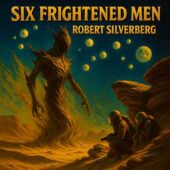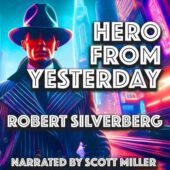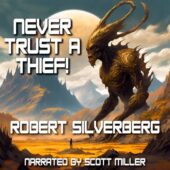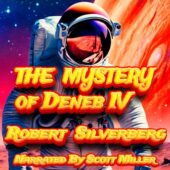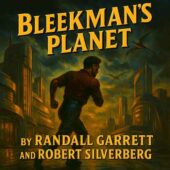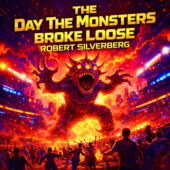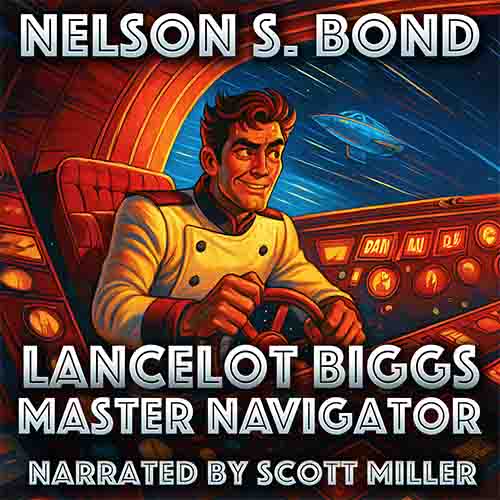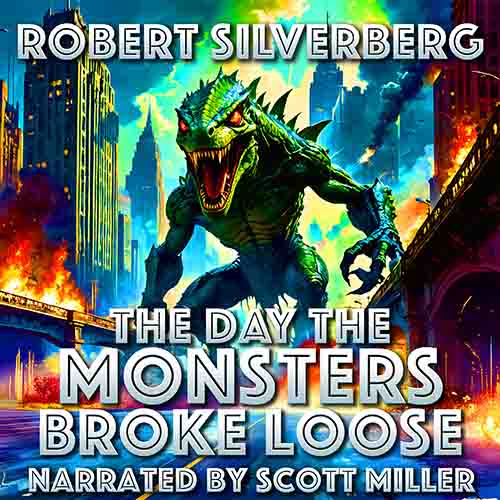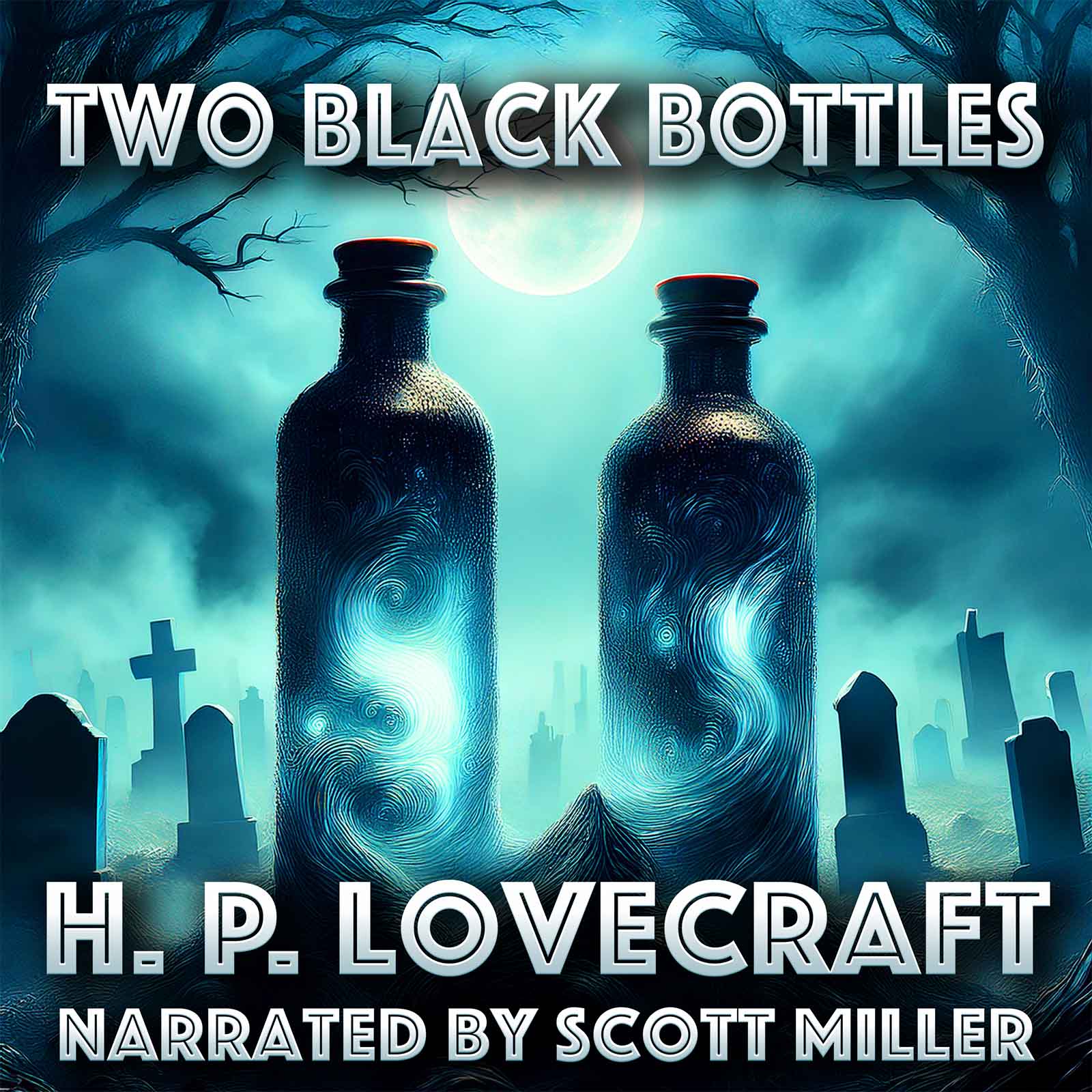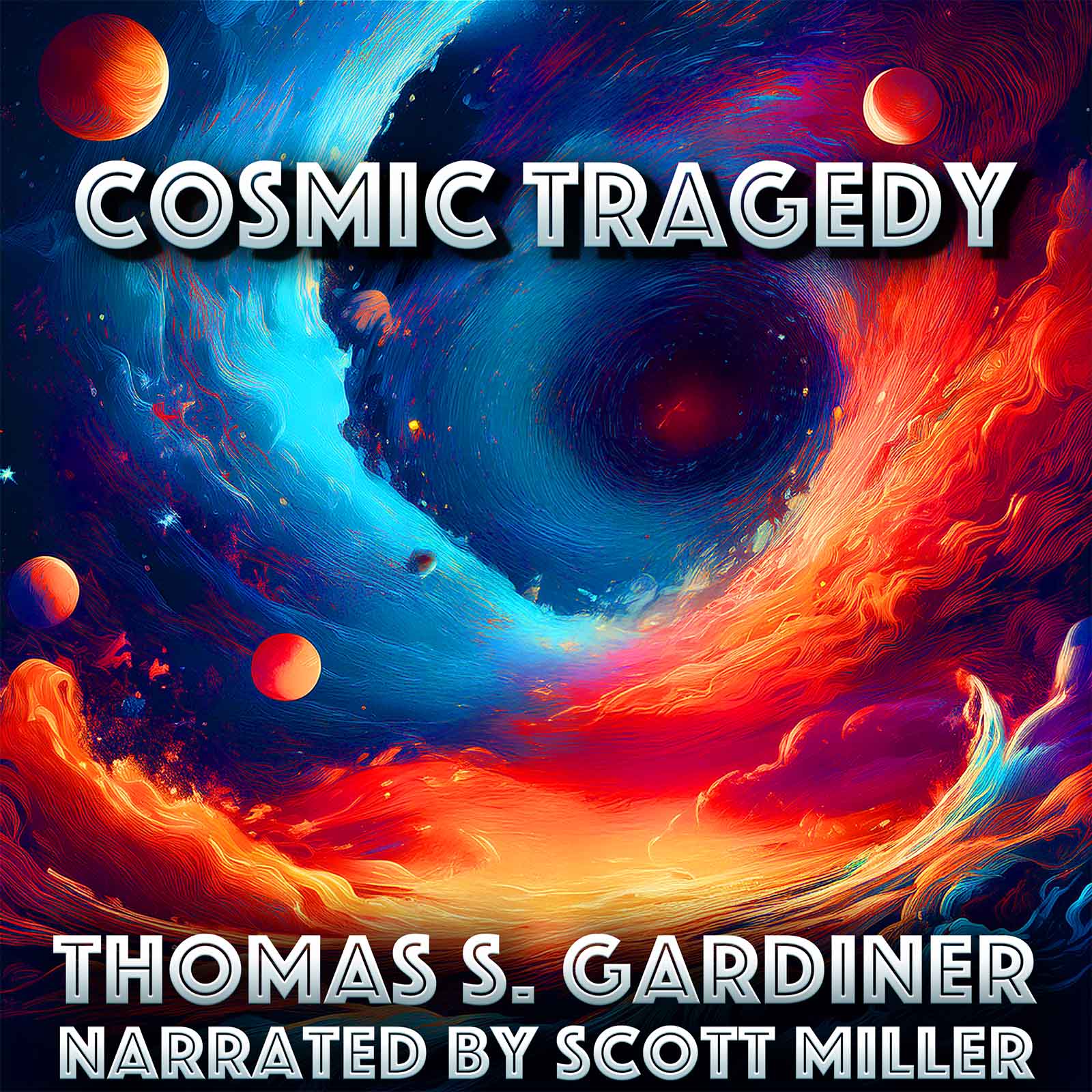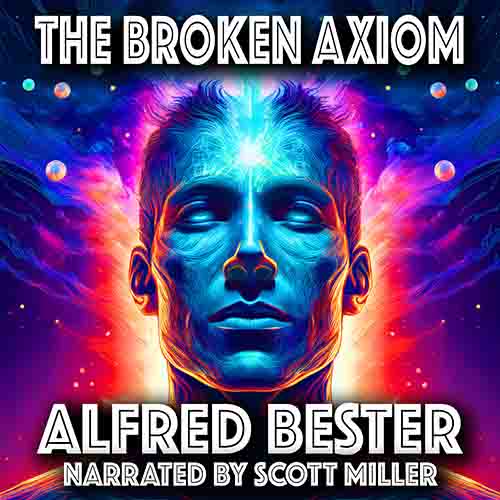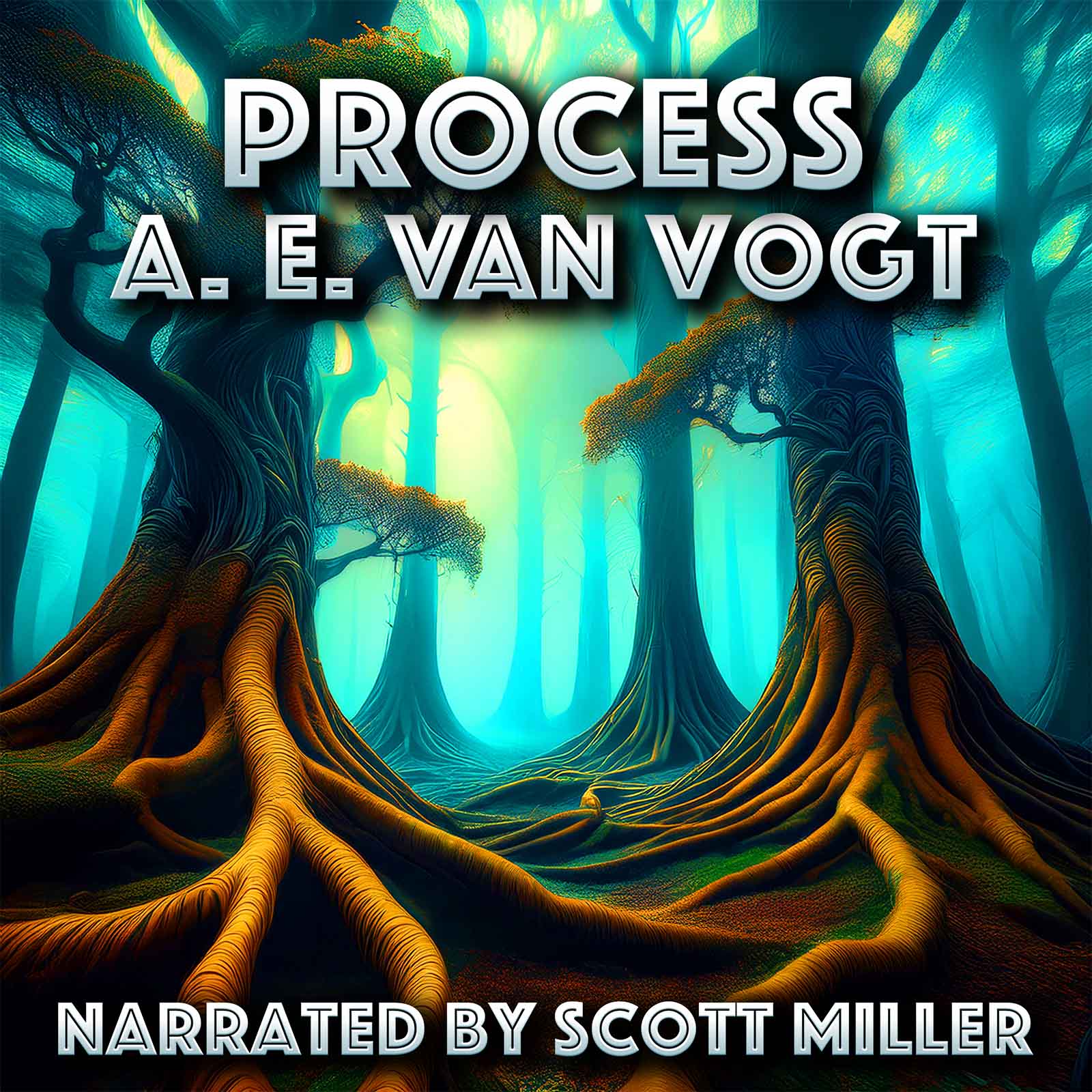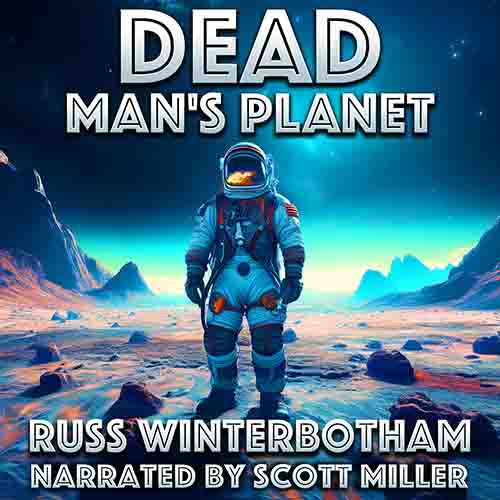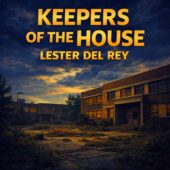Robert Silverberg

Biography
Robert Silverberg (1935– ) is one of the most prolific and versatile writers in modern science fiction, renowned for his prodigious output, stylistic evolution, and deep explorations of human experience. Over a career spanning more than seven decades, Silverberg has written hundreds of short stories and more than 100 novels, ranging from fast-paced adventure tales of the pulp era to mature, literary works that expanded the boundaries of the genre. His contributions have earned him multiple Hugo and Nebula Awards, the recognition of his peers as a Science Fiction Grand Master (2005), and a lasting place among the field’s most important voices.
Born in Brooklyn, New York, Silverberg grew up devouring pulp magazines and quickly discovered he had both the imagination and discipline to produce stories of his own. By his teens he was publishing in fanzines, and while still a student at Columbia University he began selling professionally. His first published story, “Gorgon Planet” (1954), appeared in Science Fiction Adventures when he was just 19. By the late 1950s, Silverberg was writing at an astonishing pace, producing dozens of stories a year for magazines under his own name and pseudonyms. He also wrote nonfiction and juvenile works, establishing himself as one of the most dependable craftsmen in the field.
This early period of Silverberg’s career reflected the pulp marketplace: energetic, idea-driven, and often written to meet tight deadlines. Works such as Revolt on Alpha C (1955), his first novel, and countless short pieces demonstrated his fluency in space opera and planetary adventure. Yet Silverberg soon grew restless with formula writing and, encouraged by editors like Frederik Pohl, began to push his fiction into more experimental and ambitious directions.
The late 1960s and 1970s marked Silverberg’s literary renaissance. He began producing some of the most thoughtful and innovative works of the New Wave era, novels that tackled themes of identity, sexuality, alienation, and transformation with psychological depth. Thorns (1967) and The Masks of Time (1968) displayed his growing sophistication, but it was Downward to the Earth (1970)—a Conrad-inspired exploration of colonialism and spiritual rebirth—and Tower of Glass (1970), about artificial intelligence and hubris, that solidified his reputation.
Other key works from this era include Dying Inside (1972), a poignant novel about a telepath losing his powers, widely regarded as a masterpiece; The Book of Skulls (1972), a dark meditation on immortality and moral corruption; and A Time of Changes (1971), which won the Nebula Award for its exploration of cultural taboos and personal transformation. Silverberg’s short fiction from this period—stories like “Passengers” (1970), “Good News from the Vatican” (1971), and “Born with the Dead” (1974)—won major awards and demonstrated his mastery of the form.
After a brief retirement from science fiction in the late 1970s, Silverberg returned in the 1980s with renewed vigor, producing epic works such as Lord Valentine’s Castle (1980), the first book in his celebrated Majipoor cycle. Majipoor, a vast, colorful planet blending science fiction and fantasy, became the setting for a series of novels and stories that showcased Silverberg’s gift for world-building and mythic storytelling. These works, including Majipoor Chronicles (1982) and Valentine Pontifex (1983), attracted a wide readership and remain among his most popular creations.
Silverberg’s career is remarkable not just for its longevity but for its constant reinvention. He moved fluidly between hard science fiction, fantasy, alternate history, and metafictional experiments, always challenging himself and his readers. His nonfiction work, including introductions, critical essays, and editorial projects, further cemented his role as an interpreter and advocate of science fiction’s history and future.
Over the decades, Silverberg has won four Hugo Awards and five Nebula Awards, with dozens of additional nominations. His recognition as a Grand Master by the Science Fiction and Fantasy Writers of America in 2005 was the culmination of a career that has influenced generations of writers. He was also inducted into the Science Fiction Hall of Fame in 1999.
Though he slowed his fiction output in later years, Silverberg has continued to publish essays, edit anthologies, and contribute introductions, remaining a vital presence in the community. His vast body of work reflects not just the evolution of one writer but the evolution of science fiction itself, from pulp escapism to serious literary exploration.
Robert Silverberg’s legacy lies in his ability to combine storytelling craft with intellectual depth. He showed that science fiction could be as rich and multifaceted as any other branch of literature, capable of exploring not only distant planets and futures but also the deepest corners of the human psyche. From the fast-paced pulp of the 1950s to the profound psychological novels of the 1970s and the majestic planetary epics of the 1980s and beyond, Silverberg’s career stands as a testament to imagination, adaptability, and mastery of the written word.




